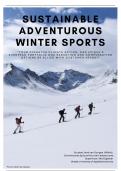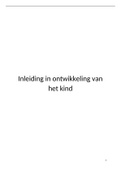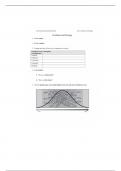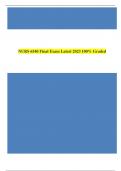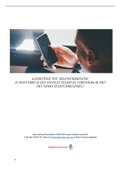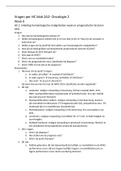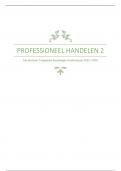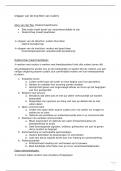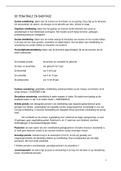Scriptie
Thesis sustainable adventurous travel
- Instelling
- Breda University Of Applied Sciences
This document is a thesis written in 2023 for the International Tourism Management course. The thesis is about how a company can make its product portfolio more sustainable. There is a very extensive literature review available that can be used as a basis for other theses on this subject. In additi...
[Meer zien]
